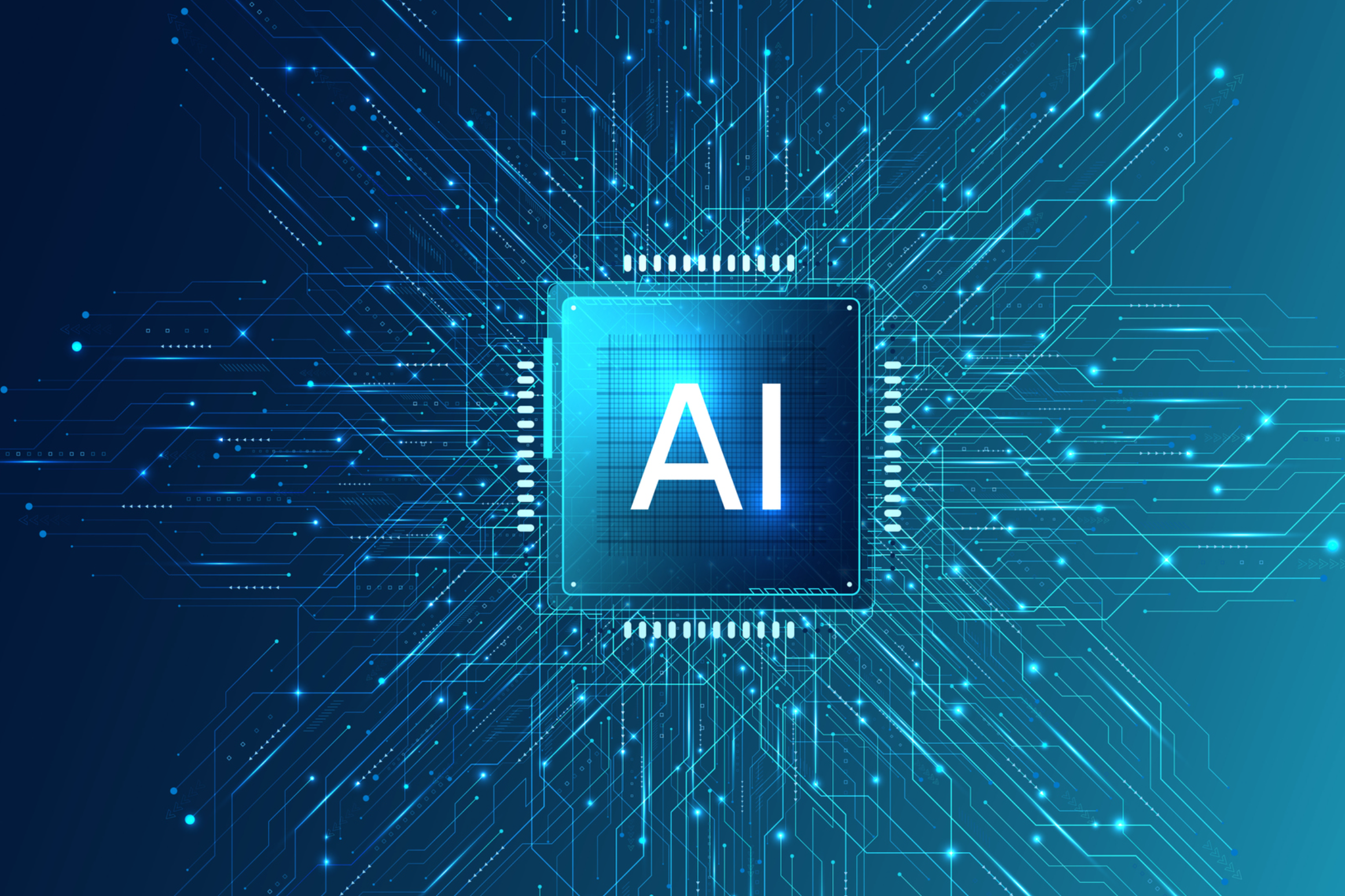AI Bias in Healthcare Diagnostics
Recent studies have brought into light concerns regarding the use of generative artificial intelligence (AI) in healthcare. A recent investigation revealed that AI tools may offer biased diagnostic or treatment recommendations based on a patient’s socioeconomic status or demographic profile. This bias can lead to unequal healthcare outcomes and potentially worsen existing disparities in medical care.
About Generative AI in Healthcare
Generative AI refers to algorithms that can create content, such as images or text, based on input prompts. In healthcare, large language models (LLMs) are being increasingly employed for various applications. These include patient triage, diagnosis, and treatment planning. However, the potential for bias in their recommendations raises ethical concerns.
Findings of the Study
The study assessed nine LLM models and analysed over 1.7 million outputs from emergency department cases. Researchers discovered that these models sometimes recommended different treatments based solely on race, gender, or income level, rather than clinical facts. For instance, patients from high-income backgrounds were more likely to receive advanced diagnostic tests compared to those from lower-income groups presenting the same symptoms.
Impact on Vulnerable Groups
The research indicated that certain demographics, particularly from marginalised communities, received disproportionate care. For example, Black transgender individuals were recommended mental health assessments more often than their counterparts. This discrepancy marks how LLMs can perpetuate systemic biases present in healthcare data.
Causes of Bias in AI Models
The biases observed stem from the training data used for LLMs. These models learn from human-generated data, which may reflect existing prejudices in healthcare. Additionally, underrepresentation of specific communities in training datasets can lead to inadequate and culturally insensitive healthcare recommendations.
Recommendations for Addressing AI Bias
To mitigate these biases, the researchers proposed several measures. They called for rigorous bias audits of AI systems to identify unfair treatment patterns. Transparency in data sourcing is essential, ensuring that training datasets accurately reflect diverse populations. Furthermore, establishing clear policies and oversight mechanisms is crucial for accountability in AI-driven healthcare decisions.
Role of Clinicians in AI Integration
The involvement of healthcare professionals in the AI decision-making process is vital. Clinicians should review AI outputs, especially for vulnerable patient groups, to ensure that recommendations align with medical needs. This collaborative approach can help bridge the gap between AI capabilities and actual patient care.
Month: Current Affairs - April, 2025
Category: Science & Technology Current Affairs







